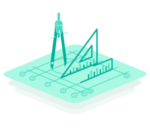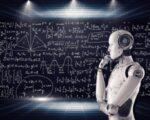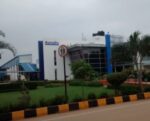Tremco CPG and USL Group announce collaboration in Asia Pacific
On 1st June 2021, Tremco Construction Products Group (CPG) Asia Pacific (APAC), already home to nine distinguished construction brands across different product offerings, began supplying USL Group brands in the Asia Pacific region. The USL portfolio will be integrated into Tremco CPG for the Asia Pacific region under the leadership of Dr. Abu Saleh Mohammod, business development director of the Infrastructure segment, who will drive the growth of complimentary USL Group product brands including solutions from Matacryl, Pitchmastic PmB, Nufins, PDS and Prime Resins. The route-to-market collaboration will see USL Group’s range of bridge deck waterproofing, drainage, movement control technologies and construction chemicals marketed by Tremco CPG APAC, effectively solidifying Tremco CPG’s position as a one-stop solution provider of construction products. “This partnership offers significant value to our customers and stakeholders and unlocks new business opportunities for Tremco CPG APAC, especially within the infrastructure sector,” explained Saleh. USL Group is a leader in the structural protection and movement control construction landscape. Established in 1981, USL Group manufactures, supplies, and installs a wide range of specialist construction products across the globe. USL Group’s expertise in infrastructure and civil engineering, coupled with its strong presence in distribution channels and innovative specialty coatings, allow them to deliver superior and efficient engineering solutions. The addition of USL Group brand’s diverse and high-quality range of products is timely, and the newly formed symbiotic relationship will strengthen the expansion of the infrastructure segment while complementing Tremco CPG’s singular streamlined approach for architects, developers, and contractors. Saleh added, “Together, our powerhouse of brands and strategic technologies will cover many aspects of a construction project, so we look forward to this exciting new chapter ahead of us as we build a joint successful future.”










